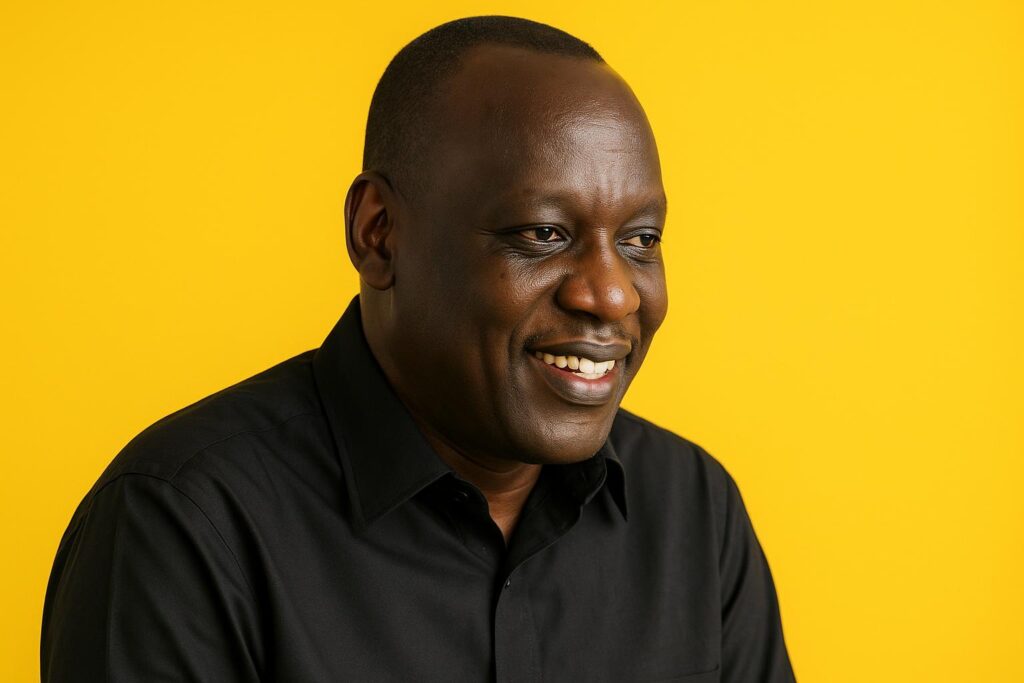A Sudden Detention
Major General Akot Lual Arech, once a trusted presidential envoy on Pibor affairs, was taken by security agents in Juba on 2 August without formal charges.
His three-week custody stirred questions inside South Sudan’s legal community, as the constitution demands a court appearance within 24 hours.
Community Mobilization
During Lual’s confinement, the Awan Chan Youth Association launched daily social-media appeals, portraying the issue as a test of communal solidarity.
Spokesman John Mawien Maduok argued that “a son of Warrap cannot vanish in silence,” urging elders to lobby discreetly at the presidency.
Legal Lens and Human Rights
Rights lawyers in Juba note that arbitrary detention remains frequent despite constitutional safeguards, citing earlier cases tracked by the Bar Association.
NSS officials offered no explanation for Lual’s arrest; repeated calls from reporters went unanswered, an omission activists deem troubling but unsurprising.
Political Undercurrents
Analysts link the episode to debate over the temporary deployment of Ugandan troops, which Lual reportedly opposed during security briefings.
The Vice President for the Economic Cluster, Dr. Benjamin Bol Mel, was accused by youth leaders of influencing the arrest, a claim his office has not addressed.
A Measured Homecoming
Freed on 22 August, Lual received visitors at his Juba residence and thanked supporters for “showing the true meaning of solidarity”.
He avoided naming whoever issued the detention order, framed the ordeal as a national moment, and praised prison staff for professional conduct.
Youth Unity and National Cohesion
Lual urged young citizens to replicate Awan Chan’s cohesion, arguing that grassroots unity can fortify the 2018 revitalized peace deal.
“No one can be strong alone,” he said, echoing a sentiment that resonates in a country still healing from civil conflict.


